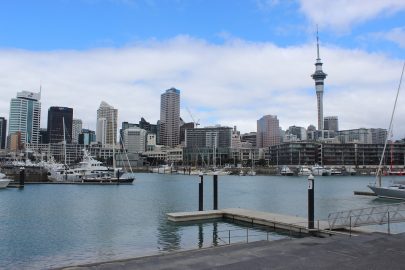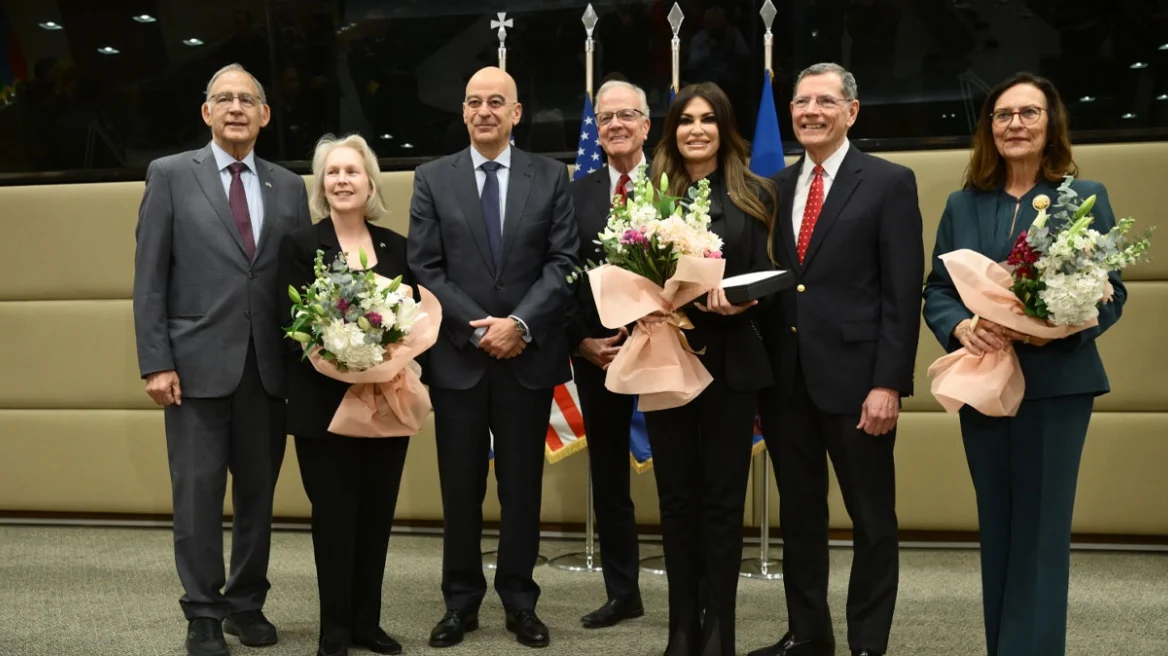Whether it’s preventing the mistreatment of workers, protecting the environment, keeping infrastructure efficient or holding corporations accountable for their actions, regulation comes in many forms across the world. Ultimately, its core aim is the freedom to do business and in many cases it can prove inefficient with high levels or government overreach and interference. The World Bank has now gauged that interference and released Doing Business 2020 which examined changes in the regulation of business activity in 190 economies. The result was a list of the countries where regulation levels best encourage efficiency and support the freedom to do business.
The analysis looked into a variety of factors such as how easy it is to start a business, deal with construction permits and hire workers. New Zealand had the highest score and it is notable as having the shortest time to start a business at just 0.5 days along with the lowest number of procedures to start one (along with Georgia). Singapore had the second highest score and did well in cross-border compliance. A good example is export border compliance times that average 10 hours in the city-state compared to over 200 hours in Cameroon and the Ivory Coast.
The United States came sixth and despite fears about the economic impact of Brexit, the United Kingdom came eight. The best improvers in this year’s index were Saudi Arabia, Jordon, Togo, Bahrain, Tajikistan, Pakistan, Kuwait, China, India and Nigeria. Together, they implemented 59 regulatory reforms in 2018/19, accounting for a fifth of all the reforms recorded globally. Venezuela, Eritrea and Somalia were ranked the worst countries for doing business.
source statista
 You will find more infographics at Statista
You will find more infographics at Statista
Ask me anything
Explore related questions





